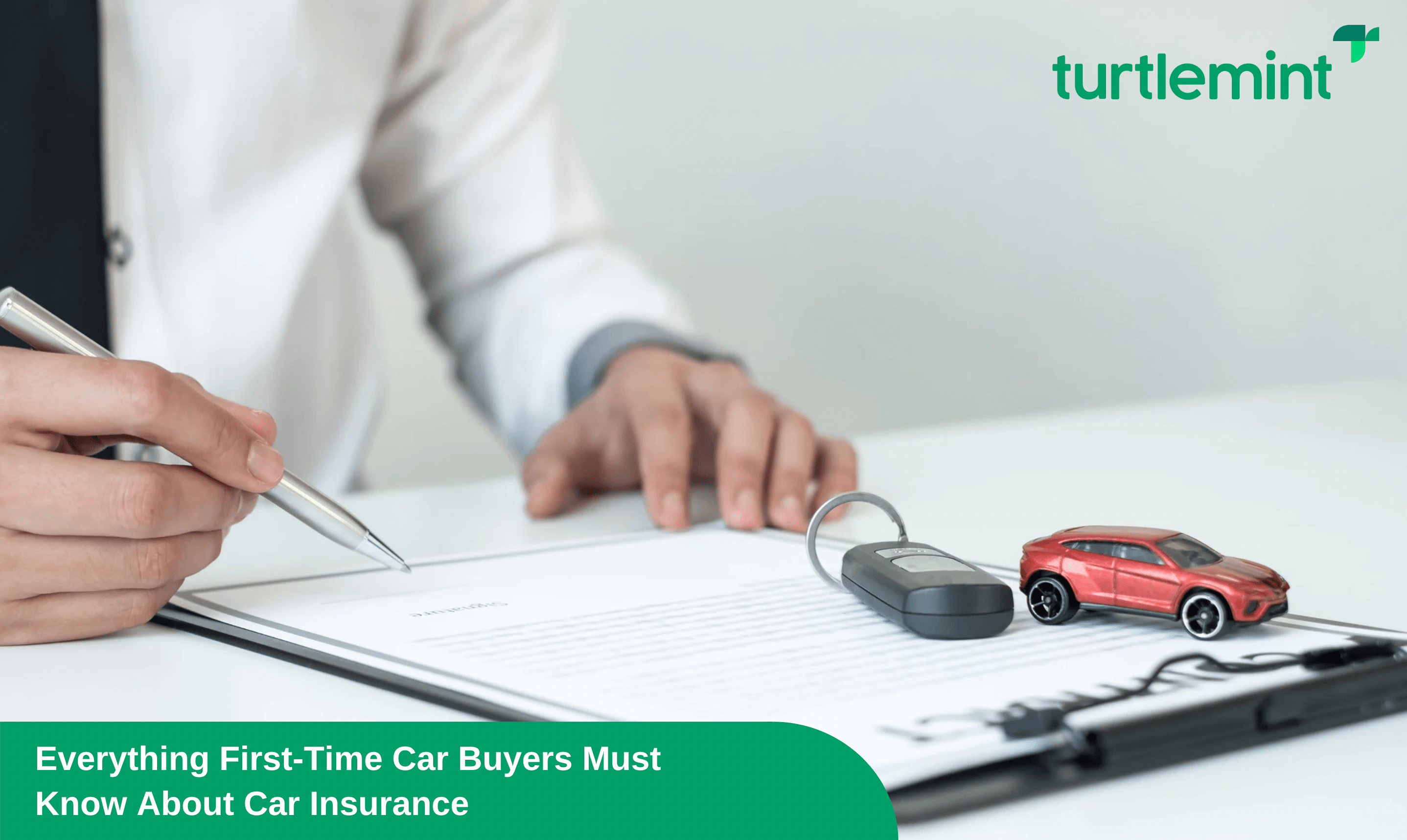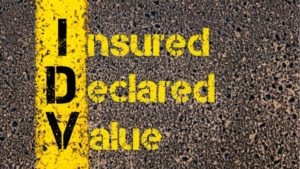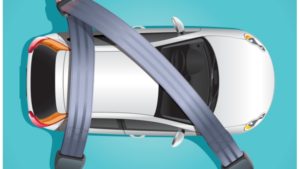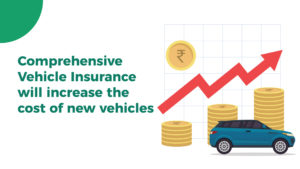
Your first car always brings a sense of euphoria, it brings a sense of freedom and independence. It also means that now you are responsible to inculcate good driving practices and ensure the upkeep of your car. Among the many decisions that you need to make, one additional decision would be regarding the car insurance that you need to avail yourself of. Insurance is a very vast world with multiple technical terminologies. We first decipher the technical terms and then get into the nuances of car insurance for your benefit.
Technical terminologies you should know
- NCB (No claim bonus):
It is a discount offered when you renew your car insurance provided you have not made any claims during the previous policy year. NCB is extended for every claim-free year, it normally is given as a discount on the insurance premium (up to 50%) or may also be extended in the form of an increased sum insured in some cases.
- IDV (Insured declared value):
This is the amount that your vehicle is valued at, in the first year of purchase of a new vehicle it will be valued at 95% of the ex-showroom price. This is also the value at which your car will be insured, also called the sum insured.As your vehicle ages, the depreciation catches on and the sum insured reduces. This is the amount which will be paid to you in the event of total loss or damage to the car that is insured.
Deductibles:
Under deductibles, there are two types:
- Compulsory Deductible:
The minimum quantum of funds should be paid to begin an insurance claim.
- Voluntary Deductible:
An amount that the policyholder is willing to pay during the occurrence of an unfortunate event. This would translate to policyholders sharing the financial burden.
- Compulsory Deductible:
To know more about the top Insurance Terms, click here.
Types of car insurance policies
There are various types of car insurance which may often overwhelm you, here is a brief on each of these to help you understand what they cover. This will help you assess the suitability and accordingly choose the plan that best aligns with your requirement.
- Third-Party Insurance Plans:
As per the Motor Vehicles Act, 1988, third-party car insurance is mandatory. This offers coverage for liabilities or claims that may arise out of any unfortunate incident like an accident where a third-party individual or property is involved. It is illegal to drive in India, without third-party insurance, you are likely to be severely fined or imprisoned.
- Own Damage Insurance Plans:
This policy is to cover the damages that may be caused to the insured vehicle (own vehicle). Third-party insurance does not offer coverage to your vehicle, it covers the damage for the counterparty in an accident or unfortunate incident. You can avail of this plan only if you have a valid third-party-only car insurance plan.
- Comprehensive insurance:
To put this in easy terms, it is both third-party insurance and own damage insurance put together. It covers damages to your vehicle and that of the third party. It also offers coverage against theft, fire, natural calamities, explosions etc.It is also termed the ‘all-in-one’ policy which offers complete coverage under a single policy with a single premium. There are add-on riders available to cover all bases. You can choose them based on your requirements.
Once you know about the basic terminologies and the type of car insurance that you need, it is time to consider other aspects such as:
- Assessment of insurance requirements:
You must assess your requirement before you zero in on the type of insurance and the quantum of insurance that you may need. Two important considerations that you need to assess are the purpose of the vehicle, if you are likely to use the vehicle frequently for long-distance travel under heavy traffic or travel in accident-prone zones, then a higher quantum of the sum insured and wide coverage would be required. If you are likely to use it for short distances with minimal traffic, then lower coverage would suffice.Tip: All types of insurance, including car insurance, has to be budgeted, to ensure that you do not go overboard by adding riders unnecessarily. Insurance companies tend to upsell, hence, having an assessment and budget of your own always helps. Your insurance premium should be such that it aligns well with your requirement and does not hurt your monthly budget overtly.
- Product comparison:
Before you buy any insurance policy, ensure to do a product comparison, there are umpteen websites which offer comprehensive comparisons across products. This is a cardinal rule that you should not miss. Further, whilst comparing, don’t just watch out for premium rates, ensure to go through every product feature to ensure that the product that you eventually choose aligns well with your requirement and offers optimal coverage for the premium rates.Tip: Read through the product features, understand the claim procedures, and also sift through the customer reviews and their experiences with claim settlement to gain a comprehensive idea about the insurer you wish to associate with.
- Inclusions and exclusions in the policy:
A very important aspect that people tend to miss is understanding in detail the inclusions and exclusions. Complete and comprehensive coverage is what you typically should aim at. This can be achieved by understanding the gaps and evaluating if there are any add-ons which will help you bridge the gap. Of course, all this is based on your assessment of the need for such coverage.Tip: Try to pick car insurance which offers a wider coverage and has minimal exclusions, also one with no loose ends. In case you have inhibitions or doubts, do not hesitate to reach out to the insurer and clarify your doubts, always look for documents which substantiate the claims, this will help you keep them for future reference.
Finally, you need to enhance the coverage of your car insurance plan with add-ons.
Also Read: Check Vehicle Insurance Status
What are add-ons?
A host of add-ons are available for achieving comprehensive coverage of the policy by paying an extra premium.
Here are some add-ons that you may consider if it aligns with your requirement:
- Zero depreciation cover:
This is also called the bumper-to-bumper or nil depreciation cover. The insured will not have to account for the depreciation value of the car or account for damages, replaced parts etc., the coverage is over and beyond the IDV.
- Roadside assistance cover:
If you are stranded in the middle of nowhere, your car insurance company will immediately send assistance. This is around-the-clock coverage.
- Engine protection cover:
The engine replacement in your car can be an expensive affair, there is an add-on which helps you deal with this without any financial stress.
- Consumables cover:
Any ad-hoc replacements, nuts and bolts purchases, engine oil replacement etc., can be claimed under this add-on.All these add-ons come at an additional cost, hence it is important to avail only those ride-ones that are necessary.
This is a comprehensive note intended to give a holistic picture of car insurance and its nuances. Hope it eases your anxiety as you embark on your journey to buy your first car insurance. If you need help in choosing the right policy, you can also contact Turtlemint’s expert advisor!
DISCLAIMER
This article is issued in the general public interest and is for educational purposes only. The blogs should not be used as a substitute for competent expert advice from a licensed professional to best suit your needs.




























